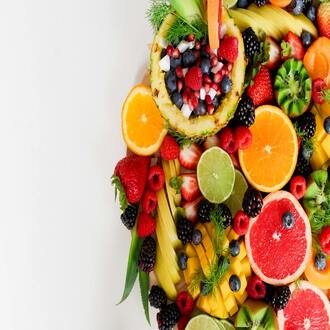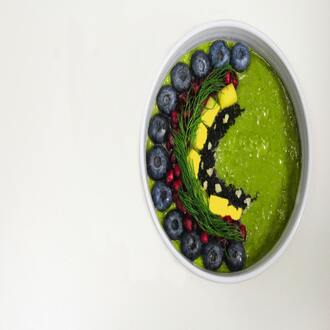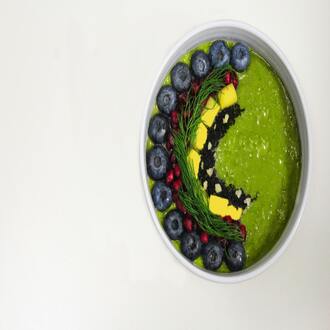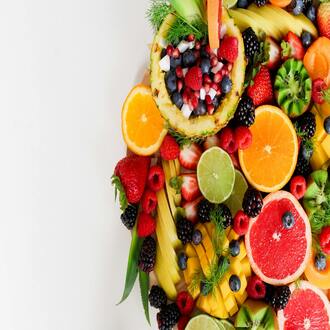Transcription Vitamin b12
Vitamin B 12 is one of the eight vitamins belonging to the B complex. It is classified among the water-soluble vitamins, being of great importance in the creation of proteins, the correct functioning of our brain and the health of our blood. Although it is a water-soluble vitamin, unlike many others of this type, it can be stored in our organism, in the liver area. In addition, like all water-soluble vitamins, the excess in our body is eliminated through urine.
Next we will analyze the properties, characteristics, particularities and benefits that vitamin B 12 offers us, being one of the essential vitamins for the correct functioning of our organism.
Benefits of the consumption of vitamin B 12: As we mentioned before, vitamin B 12 is essential in the process of metabolizing proteins. They are a very important factor in strengthening our immune system because they are producers of red blood cells.
As for the nervous system, vitamin B 12 also plays an important role, due to its positive qualities in its interaction with the neuronal system of the brain.
Vitamin B 12 is fundamental in the creation of amino acids that interact in the creation of DNA. It is a natural energy supplier, counteracting fatigue and exhaustion.
High levels of this vitamin have proven to be very effective in the fight against cancer, and several studies have linked a shortage of vitamin B 12 to an increased likelihood of developing this disease. The cardiovascular system has also shown the benefits attributed to the consumption of vitamin B 12, decreasing the risks of heart attack and heart disease. Following this order, the same happens with the cerebrovascular system, where the interaction of this vitamin with the rest of our neuronal functions can contribute notably to the reduction of cerebrovascular accidents.
All of the above has led experts to consider Vitamin B 12 as one of the most important vitamins for the human organism, being essential for its health.
What foods are rich in vitamin B 12?
Vitamin B 12 is only present in foods of animal origin, which represents a big problem for the followers of the vegetarian diet. It is very easy to acquire vitamin B 12 if you are not on a vegan diet, since you can find it in meats, fish, clams, liver and poultry. Next, we will discuss how we can solve this problem for those who maintain a vegetarian diet.
Vitamin B 12 in the vegetarian diet: The vegetarian diet, being more flexible than the vegan diet, gives us a number of benefits when it comes to acquiring this type of vitamins. We say this because it is possible to acquire vitamin B 12 through the consumption of eggs and various dairy products, when in a vegan diet we could not consume the aforementioned. The other alternative we have left, to consume vitamin B 12 through food, is to make use of fortified cereals.
These cereals naturally do not have vitamin B 12, however when they are processed, vitamin B 12 is added in order to have it in their formulas. If you do not want to go to so much trouble, you should take into account that you can simply purchase a vitamin B 12 supplement. There is no problem because all your vitamin B 12 intake comes from this source.
Finally, it should be noted that the amount of vitamin B 12 your body needs varies depending on your age and body weight. However, an average figure for an adult usually ranges from 2.2 mcg to 2.6 mcg. Remember that the excess in the consumption of these will be discarded by our organism.
vitamin b12




